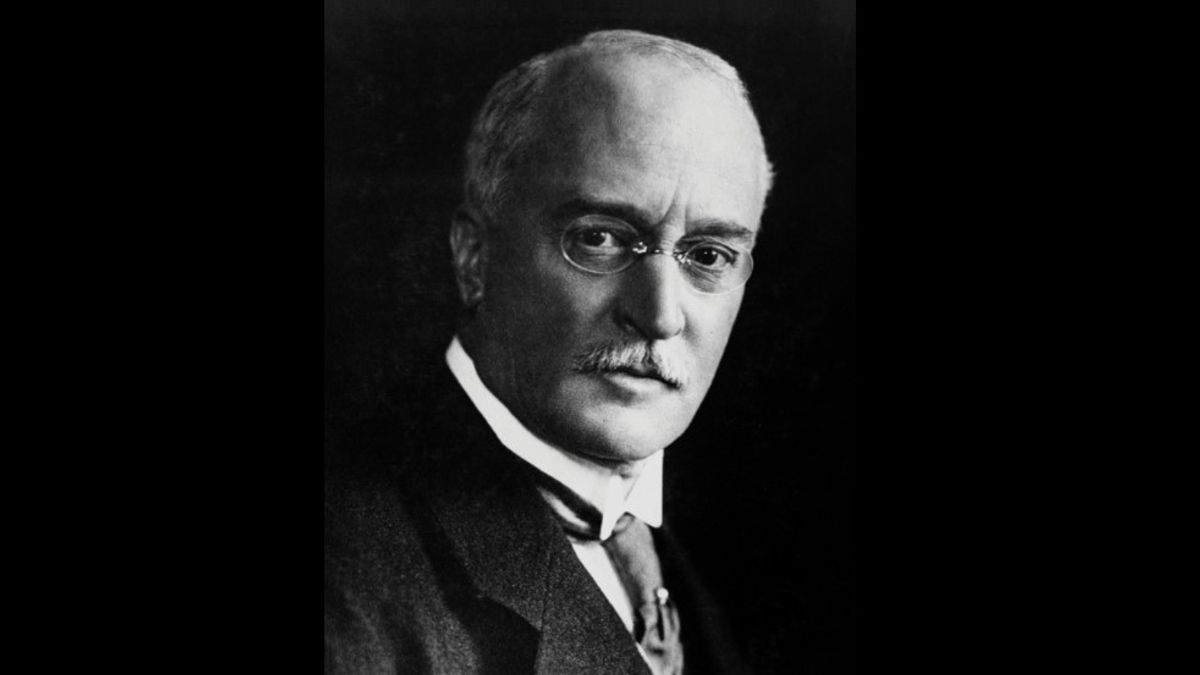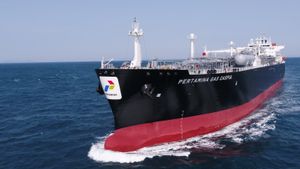JAKARTA - On September 29, 1913, the inventor of the diesel engine, Rudolf Diesel, was reported missing from the steamship Dresden while traveling from Antwerp in Belgium to Harwich, England. October 10, from the steamer, a Belgian sailor saw a body floating in the water. An investigation identified the body as Diesel. Conspiracy theories cover that death.
Officially, Diesel was declared suicide. However, many people believe Diesel was killed. Diesel is a German engineer who invented the diesel engine. The discovery was recorded during the industrial revolution era. Diesel lives on the move. Raised in France, Diesel moved to England during the French and German wars. After the war, Diesel returned to Germany to study engine design.
In the 1880s, all of the most significant discoveries centered around steam. Steam engines use a lot of coal. They are very expensive and far from efficient. Big companies can afford it. Meanwhile, small businesses are struggling to keep up with these technological developments.
Launched the BBC , Tuesday, September 29, Diesel found that he could make a smaller internal combustion engine, which will turn all the heat into work. All these findings are based on the thermodynamic theory he studied. The machine proved revolutionary and was an important breakthrough between the steam powered engines and horse-drawn carriages that were widely used throughout the 19th century.
Diesel patented the engine design on February 28, 1892. The following year, Diesel described the design in a paper entitled Theory and Construction of Rational Heat Engines for Replacing Steam Engines and Contemporary Combustion Engines . He called his invention a "compression ignition engine" which could burn any fuel.
Invention of the diesel engine
The prototypes that Diesel made at that time used peanut oil or vegetable oil, where the process did not require an ignition system. The engine is started by feeding fuel into a cylinder filled with air that has been compressed to a very high pressure.
The process creates a heat reaction. Very hot. And such an engine, said Diesel, would be very efficient. According to modeling he estimates, his engine can achieve up to 75 percent efficiency than the steam engine of the era, which on average consumes more than 90 percent of fuel energy.
Diesel was right, despite the fact that the engine he created was only able to save 26 percent. Lower than expected. But that figure is still much better than other widely used machines.

[/ read_more]
Unfortunately the early versions of the diesel engine were deemed less reliable. Many customers have asked for refunds. This put Diesel into a financial hole that he could not avoid.
One time Diesel was most successful was in the military world. Diesel engine material that is heavier is considered suitable for military use because of the lack of possibility of explosion. In 1904, the French army began using diesel engines for their submarines.
By 1912, there were more than 70,000 diesel engines in operation worldwide. Mostly in factories and generators. Finally, Diesel engines revolutionized the railroad industry. After World War II, trucks and buses also began using diesel-type engines which allowed the transport of heavy loads with fuel savings.
At the time of his death, Diesel was on his way to England to attend the groundbreaking of a diesel engine plant. On that trip Diesel met the British navy. They talk about installing Diesel engines on their submarines.
Various conspiracy theories have emerged regarding his death. "An Inventor Thrown Overboard to Stop Selling Patents to the British Government" was one of the headlines. Others suspect that Diesel was killed by a big oil entrepreneur. Another report, Diesel reportedly committed suicide because he suffered losses. But the mystery may never be resolved.
After World War I, the commercial potential of Diesel's invention was only realized. Diesel powered trucks first appeared in the 1920s, followed by trains in the 1930s. In 1939, a quarter of global marine trade was driven by diesel.
Then after World War II, diesel engines were increasingly powerful and efficient for larger ships. Scientist Vaclav Smil argues that the globalization of steam power is growing much more slowly than does diesel.
[/ read_more]
The English, Chinese, Japanese, Arabic, and French versions are automatically generated by the AI. So there may still be inaccuracies in translating, please always see Indonesian as our main language. (system supported by DigitalSiber.id)












